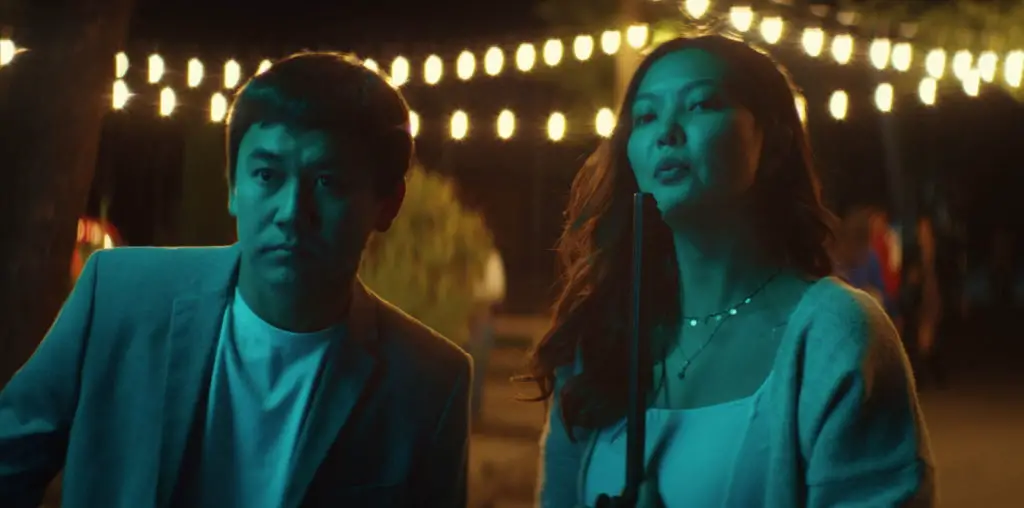
Samantha Baker (Molly Ringwald) is walking through a living nightmare. Her sister is about to marry an uncouth Italian hood, both sets of grandparents have invaded her house, and in all the insanity surrounding the wedding everyone has forgotten her sixteenth birthday. “Sixteen Candles” was the first effort by writer/director John Hughes on his way to becoming the William Shakespeare of teenage angst. One really has to be aware of the climate of the early ’80s to truly understand the impact that this film had among teens. At the time, teen movies were merely a reason for 15 year old boys to sneak into theaters and see a bunch of healthy unclad co-eds. See: “Porky’s,” “Spring Break,” or countless others.
Hughes’ movies were revolutionary because they understood high school and got all the details right — what shoes kids wore, how couples walked together from class to class, the scary bus drivers, bored study hall monitors, and the romantic sex surveys of secretly passed notes. No movie since Kazan made cinematic love to James Dean in “East of Eden” had ever so closely chronicled the moping euphoria of teendom, the esctatic highs and the horrors of embarrassment. Hughes knew how kids talked, he knew how they partied and he knew the huge chasms of difference between Freshmen, Sophomores, and Seniors.
“Sixteen” Candles didn’t totally escape the shallowness of its age. The film has a serious case of split personality. On some levels its as crude and as silly as a Farrelly Brothers outing. Sam’s sister is zonked out on muscle relaxers during her wedding, Joan Cusack shows up in an early performance desperately trying to try use a water fountain while stuck in a neck brace, and I don’t even want to get into Gedde Watanabe’s outrageous turn as foreign exchange student Long Duk Dong.
There is, however, an incredibly sensitive scene between Ringwald and king of the geeks, Anthony Michæl Hall, in the school’s auto body shop where Sam confesses her love for rich pretty boy Jake Ryan, and tenderly assures Hall that he has a fairly good chance of maturing somewhere beyond the intellectual level of a sea snail. As in most Hughes’ films, the adults are all either well-meaning but ineffectual, like sympathetic dad Paul Dooley, or a complete and hazardous waste of time. “I can’t believe my grandmother actually felt me up!” ’80s critics may have trouble with the fairy tale ending, Prince Charming and a Porsche, but at least rich boy Jake seems to have reconsidered the fast life of well-developed and dangerously shallow women and set out for something more meaningful and tender. This is not the spirited and classy satire of “Risky Business,” but it was a step in the right direction. Curious viewers can even see the monster that Dustin Hoffman’s cute little “Kramer Vs. Kramer” son turned into via a reasonably entertaining and crude performance by Justin Henry as Samantha’s brother.

